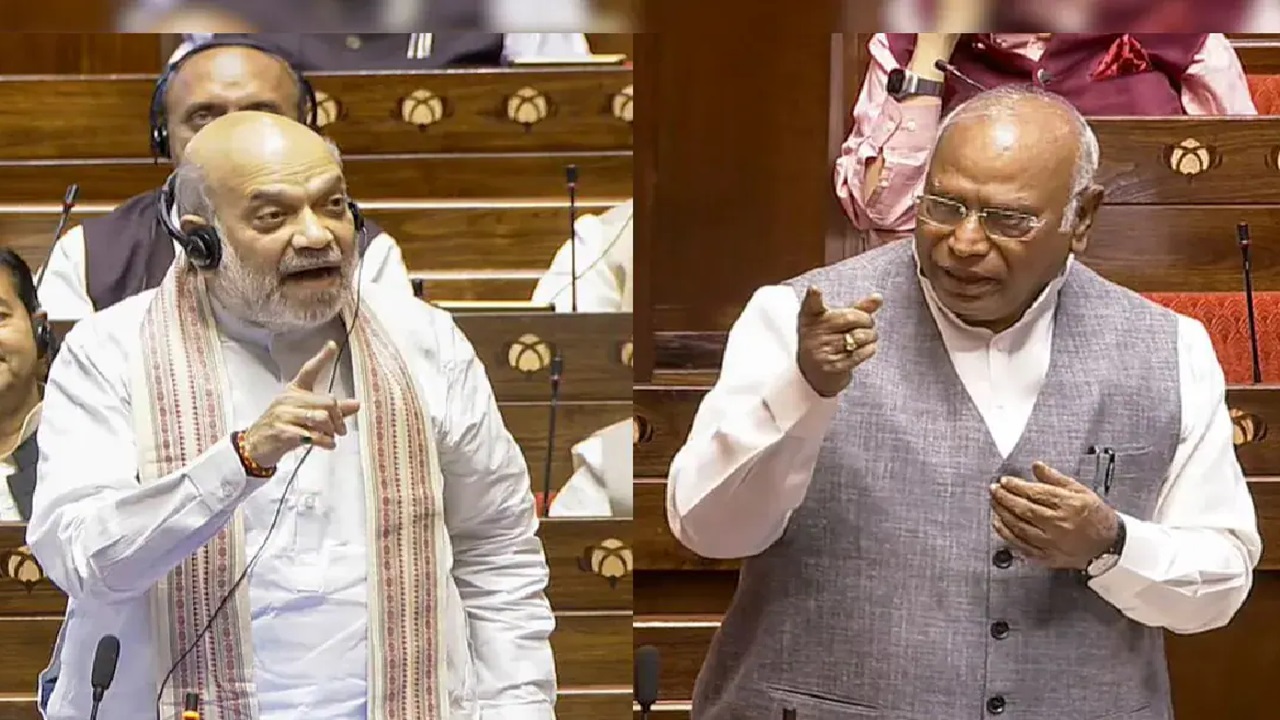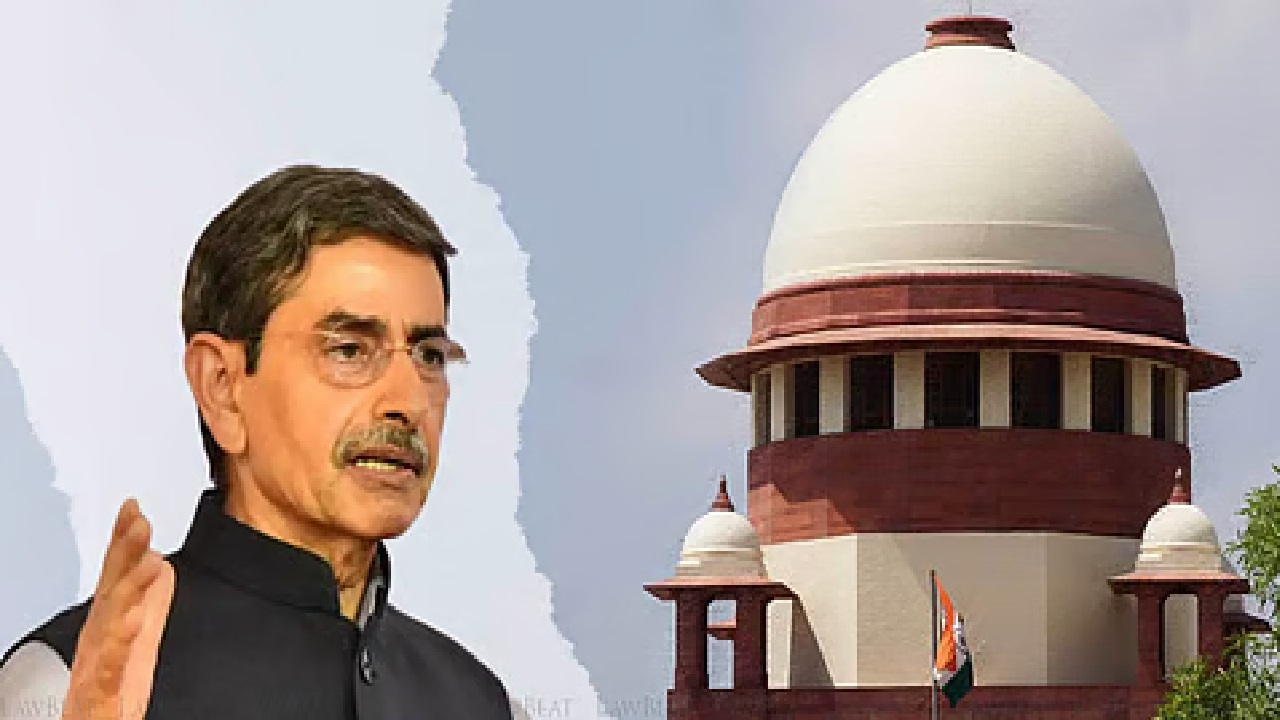A Legislative Flashpoint Sparks Legal Challenge
The Waqf (Amendment) Bill, 2024, has quickly become a contentious flashpoint in Indian politics. Passed by both Houses of Parliament amidst intense debates and opposition protests, the Bill is now awaiting presidential assent. Framed by the government as a reform to improve transparency and accountability in the management of Waqf properties, the Bill has been strongly opposed by several leaders from the minority community. Notably, AIMIM chief Asaduddin Owaisi and Congress MP Mohammad Jawed have filed petitions in the Supreme Court, arguing that the legislation infringes upon constitutional rights and unfairly targets the Muslim community.
Parliament Clears the Bill Despite Objections
The Bill was passed in the Lok Sabha early Thursday with 288 members voting in favor and 232 against. Later, in the Rajya Sabha, the legislation was approved with 128 votes supporting it and 95 opposing, following a late-night session. Despite the opposition’s attempt to stall or amend the Bill, the ruling party leveraged its numbers to secure its passage.
Legal Battle Begins: Petitions Challenge Constitutionality
Soon after the Bill’s passage, opposition MPs Owaisi and Jawed approached the Supreme Court. In their petitions, they argue that the amendments violate several constitutional provisions, including:
· Article 14 (Right to Equality)
· Article 25 (Freedom to Practice Religion)
· Article 26 (Freedom to Manage Religious Affairs)
· Article 29 (Cultural and Educational Rights of Minorities)
· Article 300A (Right to Property)
Congress MP Jawed, who also served on the Joint Parliamentary Committee reviewing the Bill, contends that the law introduces arbitrary classifications and imposes unjust restrictions on Muslim religious institutions—restrictions not applied to other faith-based endowments.
Key Points of Concern: Religious Autonomy and Equal Treatment
One of the central issues raised in the petitions is the requirement to include non-Muslim members in Waqf boards and the Central Waqf Council. Petitioners argue that this constitutes unwarranted state interference in religious governance, which is constitutionally protected.
Furthermore, the plea points out the disparity in treatment between Muslim and non-Muslim religious trusts. Hindu and Sikh endowments, for example, continue to enjoy a higher degree of self-governance under various state laws, whereas the proposed amendments significantly tighten government control over Waqf institutions.
Between Reform and Rights—A Balancing Act Ahead
As the Supreme Court prepares to weigh in, the Waqf Amendment Bill stands at the intersection of governance reform and minority rights. Supporters argue it will bring much-needed accountability to Waqf property management. However, critics see it as a targeted intrusion into Muslim religious affairs. The outcome of this legal challenge could set a crucial precedent—not only for how religious institutions are governed, but also for how India continues to uphold its constitutional promise of equality, secularism, and minority protection.
(With inputs from agencies)








